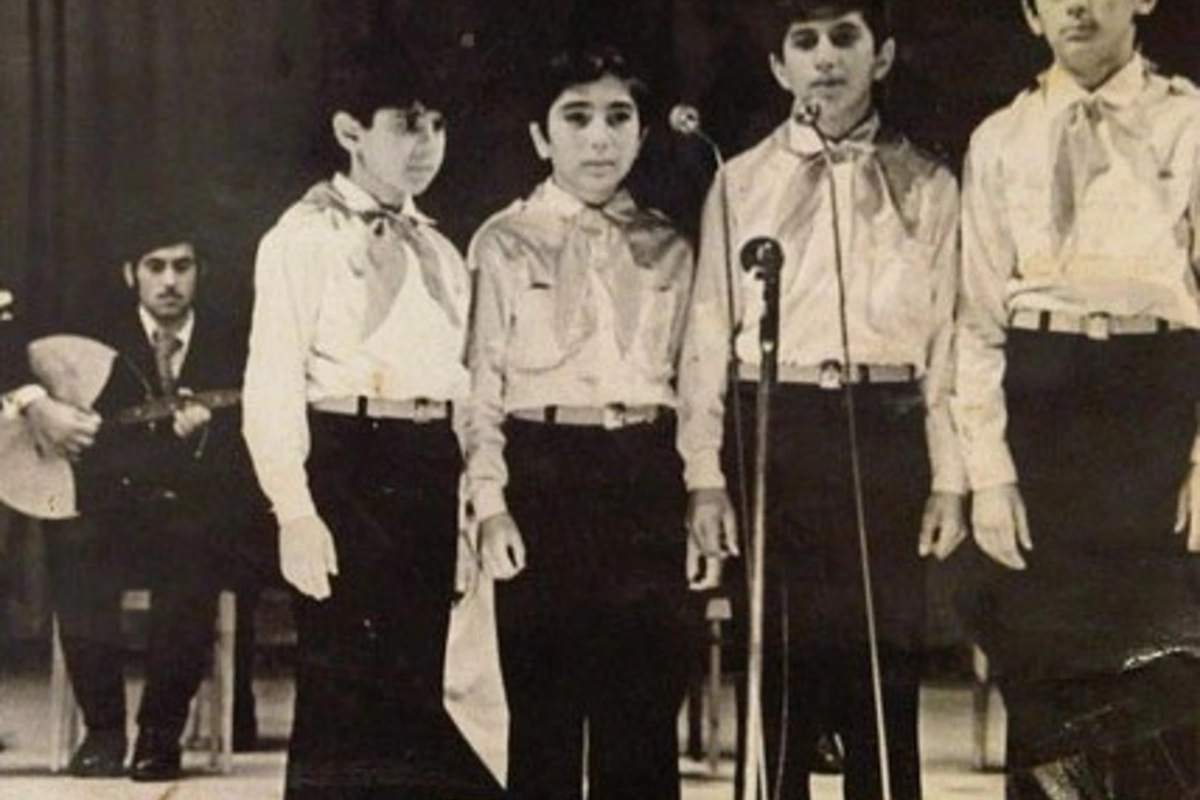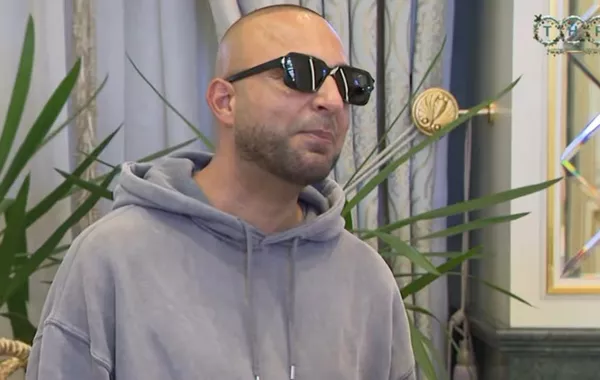
Nightingales are not just birds in Azerbaijan. They’re also celebrated singers - a member of the Karabakh Nightingale Ensemble producing one of the most celebrated recordings of 20th century Mugham music.
Image: milli.az
The nightingale is inextricably associated with beauty in vocal performance. That’s as true in Azerbaijani as in English. Perhaps the best-known Azerbaijani singer of all time, Shusha-born Murtuza Mammadov (1897-1961), is universally remembered by the nickname Bülbül (nightingale). And one of the most celebrated vocal ensembles of the 1970s was known as the Qarabağ Bülbülləri (Karabakh Nightingales). The latter shot to prominence as mugham superstars when the group’s musical director,


The other nightingales were entranced, and he was encouraged to repeat the melody. As Tacir remembers things, the accordionist Elchin Jumshudoghlu picked up his instrument and quickly started accompanying the tune, with Murad Rzayev following on the tar and a fellow nightingale playing percussion. It was Rzayev’s idea to use the lyrics of the Abbas Sahhat poem “Vatan” (Homeland) with Tacir’s spontaneously composed masterpiece. Within the year, a recording of the composition featuring Tacir as its leading performer had become a mugham landmark.
Technically a Bayati-Shiraz is just one of seven traditional ‘modes’ of mugham music. However, these days most Azerbaijanis think immediately of Tacir’s Bayati-Shiraz when hearing the term. Such is the song's ubiquity. Even before the end of the USSR, it was often cited as one of the country’s great classics, and later that same year (1977), the Karabakh Nightingales featured in a major

The vocal dexterity of Tacir’s voice pulled on heartstrings with its naïve sonic purity and helped to project a painful sense of nostalgia for more innocent times.
After independence, the song’s patriotic lyrics combined with a heartfelt sense of loss over the Armenian occupation of Karabakh meant that it became more popular than ever. The vocal dexterity of Tacir’s voice pulled on heartstrings with its naïve sonic purity and helped to project a painful sense of nostalgia for more innocent times.
After the 2020 war and the de-occupation of Karabakh, a new phase began for Tacir’s Bayati-Shiraz. Though still in ruins, Azerbaijan’s unofficial cultural capital of Shusha hosted the revived Kharibulbul Music Festival in 2021 with a



For Azerbaijanis, there’s nothing strange about the Karabakh region producing a stream of great musicians, most notably mugham singers. Before Bulbul, the greatest singer of a generation was the Shusha-born khanende Cabbar Qaryağdıoğlu (1861-1944) – credited with popularizing the forms of mugham that are now central to Azerbaijani musical psyche. Shusha was also the childhood home of Uzeyir Hajibeyli (1885-1948), the composer-conductor widely considered the father of Azerbaijani classical music, creating an artistic bridge between symphonic and mugham styles.
So Tacir Şahmalıoğlu and Kanan Bayramli are just the latest in a remarkable lineage. With full peace still to be settled between Armenia and Azerbaijan, Karabakh remains, for now, a point of geopolitical friction. Even so, the pure beauty of its nightingales continues to transcend the transitory period of conflict.
[1] One of so many settlements in the Aghdam region which would end up being

[2] Then relatively new, and since heavily restored and renamed as the Heydar Aliyev Sarayi.
[3] Mugham traditionally has seven ‘modes’ of which Bayati-Shiraz is considered the sixth.
[4] In a recent interview, Rzayev

[5] A version with English subtitles is online

Share on social media
